Medical
controlling blood sugar, diabetes awareness, diabetes diet tips, diabetes exercise, diabetes management, diabetes prevention, diabetes self care, diabetes sleep tips, diabetes stress management, diet for diabetics, Dr Arooj Qayyum, healthy lifestyle for diabetes, living with diabetes, natural ways to control diabetes, patient health tips, type 2 diabetes management
Dr Arooj Qayyum
0 Comments
Diabetes Management: Healthy Lifestyle Tips for Patients
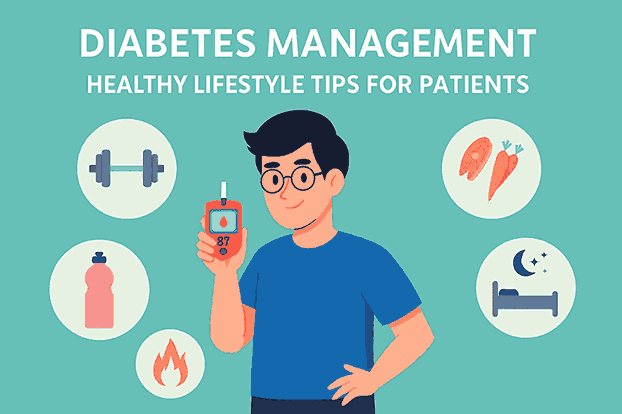
Introduction
Diabetes is one of the most common chronic diseases worldwide, and its numbers are steadily increasing. According to the International Diabetes Federation, more than 500 million people are currently living with diabetes, and this figure is expected to rise in the coming years. While medication is important, lifestyle management plays an equally powerful role in controlling blood sugar and preventing complications.
For patients, simple daily habits can make a major difference. This article explores practical, healthy lifestyle tips that support diabetes management and overall well-being.
Understanding Diabetes
Diabetes occurs when the body cannot properly use or produce enough insulin, the hormone responsible for regulating blood sugar levels. There are mainly two types:
Type 1 Diabetes – An autoimmune condition where the pancreas produces little or no insulin.
Type 2 Diabetes – More common, often linked with lifestyle, obesity, and genetics.
Poorly managed diabetes can lead to heart disease, kidney failure, nerve damage, and vision loss. However, with the right lifestyle choices, patients can live long and healthy lives.
1. Eat a Balanced and Healthy Diet
A healthy diet is the foundation of diabetes control. Patients should focus on balanced meals that stabilize blood sugar rather than cause sudden spikes.
Smart Food Choices
High-fiber foods: Whole grains, oats, beans, and vegetables slow sugar absorption.
Lean proteins: Chicken, fish, eggs, and lentils help maintain energy and satiety.
Healthy fats: Olive oil, nuts, and avocado promote heart health.
Fruits in moderation: Apples, berries, and citrus fruits are better than high-sugar fruits like mangoes or grapes.
Foods to Limit
Refined carbs like white bread, sugary snacks, and sodas.
Processed foods high in salt and unhealthy fats.
Fried fast foods that can worsen weight gain and insulin resistance.
Tip: Try the plate method: half the plate with vegetables, one-quarter with lean protein, and one-quarter with whole grains.
2. Maintain a Healthy Weight
Excess body fat, especially around the abdomen, makes it harder for the body to use insulin effectively. Even a modest weight loss of 5–10% of body weight can significantly improve blood sugar control.
Set realistic goals—slow and steady weight loss is more sustainable.
Focus on lifestyle changes rather than crash diets.
Monitor your waistline; abdominal fat is a key risk factor.
3. Exercise Regularly
Physical activity is one of the best natural ways to lower blood sugar. Exercise helps muscles use glucose more efficiently and improves insulin sensitivity.
Recommended Activities
Walking: A simple 30-minute brisk walk five days a week works wonders.
Strength training: Lifting light weights or body-weight exercises build muscle, which helps burn more sugar.
Yoga or stretching: Improves flexibility and reduces stress levels.
Important: Patients should consult their doctor before starting any new workout, especially if they have heart or joint problems.
4. Monitor Blood Sugar Levels
Self-monitoring allows patients to understand how food, exercise, and stress affect blood sugar. Keeping a record helps the doctor adjust medication or lifestyle recommendations.
Use a glucometer or continuous glucose monitor.
Check at recommended times (before meals, after meals, or bedtime depending on doctor’s advice).
Note any unusual readings and discuss them during medical visits.
5. Get Enough Quality Sleep
Poor sleep or irregular sleep patterns can cause insulin resistance and worsen blood sugar control. Many patients also experience sleep apnea, which makes the problem worse.
Aim for 7–8 hours of restful sleep every night.
Keep a consistent sleep schedule.
Avoid caffeine, heavy meals, or screen time close to bedtime.
6. Manage Stress Effectively
Stress triggers the release of hormones like cortisol and adrenaline, which raise blood sugar levels. Long-term stress can also lead to unhealthy eating habits and lack of physical activity.
Stress-Relieving Strategies
Mindfulness and meditation help calm the mind.
Deep breathing exercises improve focus and reduce anxiety.
Prayer and spiritual practices provide comfort and strengthen emotional resilience.
Hobbies and family time offer healthy distractions from daily pressures.
7. Avoid Smoking and Limit Alcohol
Smoking raises the risk of heart disease, stroke, and kidney problems—conditions already common in diabetes. Quitting smoking is one of the most important steps for long-term health.
Alcohol can also affect blood sugar unpredictably. If consumed, it should be in moderation and always with food to reduce risks of low or high sugar episodes.
8. Stay Consistent with Medical Care
Lifestyle changes are powerful, but regular medical supervision is essential. Patients should never stop prescribed medication without consulting their doctor.
Schedule routine check-ups.
Monitor blood pressure, cholesterol, and kidney function.
Take medications as prescribed to avoid complications.
Conclusion
Diabetes management goes far beyond medication—it requires a holistic approach that includes healthy eating, regular exercise, good sleep, stress control, and consistent medical care. By making small but meaningful lifestyle changes, patients can stabilize blood sugar, reduce complications, and lead full, active lives.
Remember, diabetes is not the end of the road. With the right attitude, daily discipline, and medical guidance, every patient has the power to live well despite the diagnosis.
Tag
controlling blood sugar diabetes awareness diabetes diet tips diabetes exercise diabetes management diabetes prevention diabetes self care diabetes sleep tips diabetes stress management diet for diabetics Dr Arooj Qayyum healthy lifestyle for diabetes living with diabetes natural ways to control diabetes patient health tips type 2 diabetes management


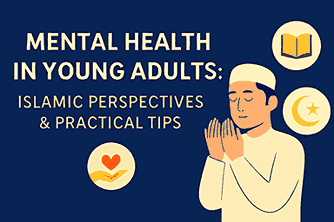


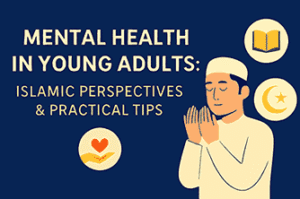


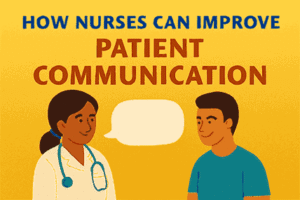
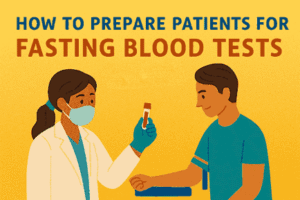



Post Comment